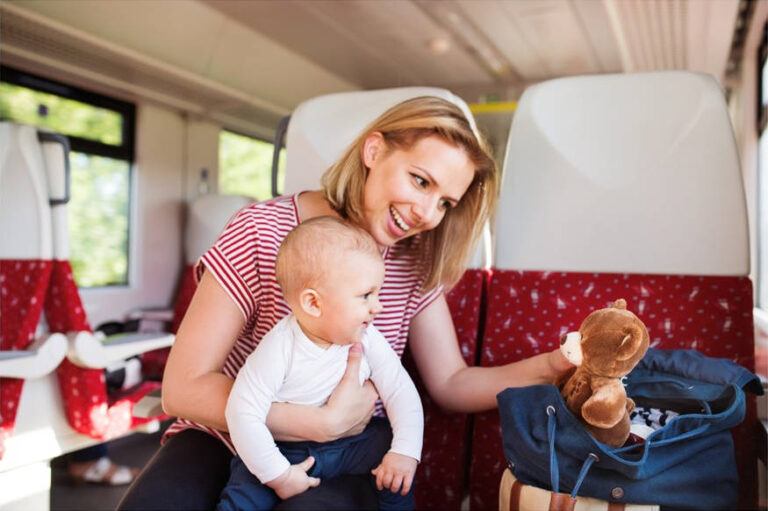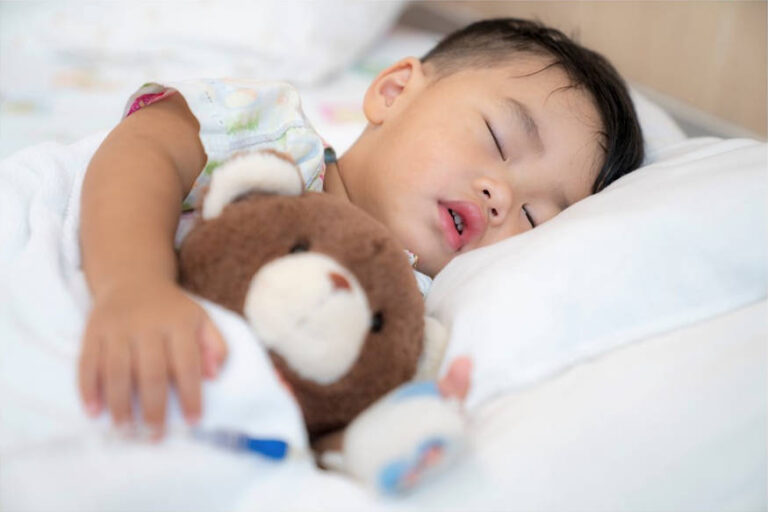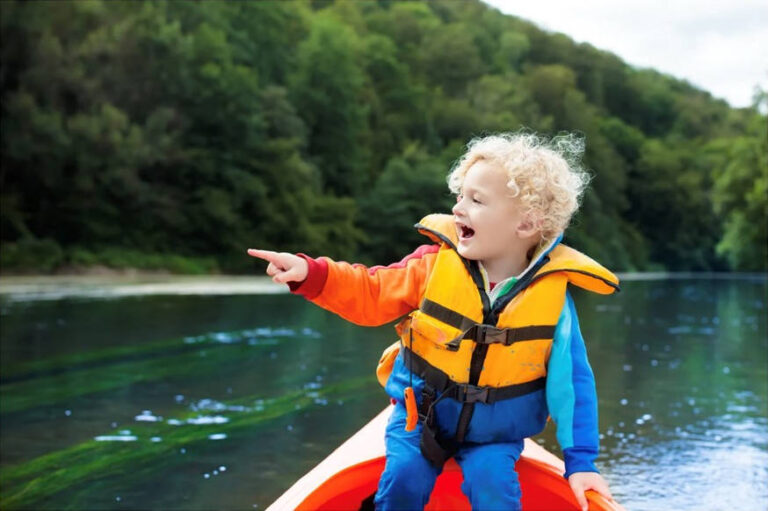It’s summertime, and that means families swapping some nursery sessions for family holidays. The developmental dip that follows is experienced not only with primary school-aged children, but in nurseries too.
In this article, we share how to avoid the developmental dip after family holidays, making the transition back to nursery as smooth as possible for you and your team.
How to help parents with child development on holiday
We aren’t recommending that you set developmental activities for your nursery children while they’re away. However, sharing some holiday-themed developmental activities parents may want to try when they are desperately trying to entertain a tired toddler on a long-haul flight can be useful.
It can be helpful to share tips and tricks with parents on how to maintain routine throughout the summer holiday season. After all, they may be so busy with holiday preparation that they haven’t even considered once they’re through passport control or have the car packed for camping.
Top Tip: Some parents may benefit from a reminder on how nursery costs are calculated throughout the year. If your setting factors in possible absence times like illnesses and bank holidays and spreads the costs over the remaining days, it can be helpful to remind parents they aren’t ‘losing out’ by taking their child away and ‘missing’ their scheduled sessions.
Some key parts of babies’ and toddlers’ routines are altered during family holidays. In this article, we have used abroad holidays and UK-based camping holidays as examples. When you share the advice, you can encourage parents to apply these tips to the type of holiday they may be planning.
Some key challenges can be:
- Altered sleep patterns
- Altered eating routines
- Increased naps due to hot weather
- Increased sitting time (if on a plane or car journey for a lengthy time)
- Unfamiliar people, routines and places

How to help children sleep on holiday
When at home, babies and toddlers will have a set bedtime routine and timings. Meaning when they join you in nursery, they will be on top form to tackle their day of learning (in an ideal world).
On holiday, children and parents may share the same room (or tent), and the routine of sleeping in a room or bed alone may change. This change in bedtime routine can disrupt the quality and length of sleep for babies and toddlers. It is useful to remind parents that the change in bedtime routine may make them a little unsettled when they return to nursery.
Sharing information like sleep quality and changes to bedtime routines (like moving to their own bedroom at home) via the Parent App can help key workers meet the child’s needs each day.
Here are some sleeping tips to share with family holidays with young children:
- The optimum temperature for babies to sleep is between 16-20 degrees
- When abroad, the temperature in warmer countries can fluctuate significantly at nighttime, meaning air conditioning might be used
- Try to stick to usual napping times throughout the day
- Factor in long-haul flights or travel time for napping and sleeping patterns
- Stay familiar with the safety recommendations when using a car seat

Tips for continued language development for toddlers during holidays
Children understand up to five times as many words than they can say, making conversations vital for communication and language development. Language acquisition and vocabulary development during nursery happen all the time.
Even through simple activities, children can interact with their peers and adults, constantly building a vocabulary bank.
Children with a broader vocabulary bank are often more confident in joining in conversations with others – this is known as cultural capital. The more experiences children have, the more vocabulary they acquire.
Let’s consider the well-known book We’re Going on a Bear Hunt as an example. If a child regularly spends time outdoors in nature, when conversations happen about how they think they’ll wade through the water or stomp through the mud, the child will be more confident to join in due to personal experience.
Therefore, when a child goes on a family holiday, the possibilities for adding new vocabulary to the bank are endless.
Parents may appreciate examples of language development games or ways to build vocabulary when in a new place.

Here’s a few communication and language game ideas for you to share with your nursery families.
ISpy
The firm family favourite that needs no resources or introduction. Tailor it to their eye level and encourage the family to choose examples only waist height. Or, mix the game up a little by finding objects that match a colour. For instance, ISpy with my little eye, something the colour of… blue.
Find me three of…
Another no-resource game that can be used to pass the time on a long car or plane journey. ‘Find me three of’ can tie in colours, sizes and objects. Whilst unpacking the car at the campsite, parents can encourage children to find or point out three objects that are green or used to cook with.
Five clues
Think of this game as the opposite of ISpy, the parents have an object in their head and give up to five clues to help them guess the object. It can be a visible object (this is easier) or can be abstract (for older children with some starting clues).
Here’s an example:
I’m thinking of a big object.
- Clue 1. It flies in the sky
- Clue 2. People use it to go on holiday
- Clue 3. It has lots of seats in it
- Clue 4. It has wings
- Clue 5. You can see it through the window/We’re sitting in it!
Home-nursery communication such as you’ll find on Blossom’s Parent App is vital for building strong working relationships, including when they attend their first family holiday. Stay in touch with parents before the child returns to the nursery to ensure a smooth transition back.
By sharing information on how to avoid the developmental dip, parents can be reassured their child will enjoy all of the new experiences possible on holiday without a negative impact once home.